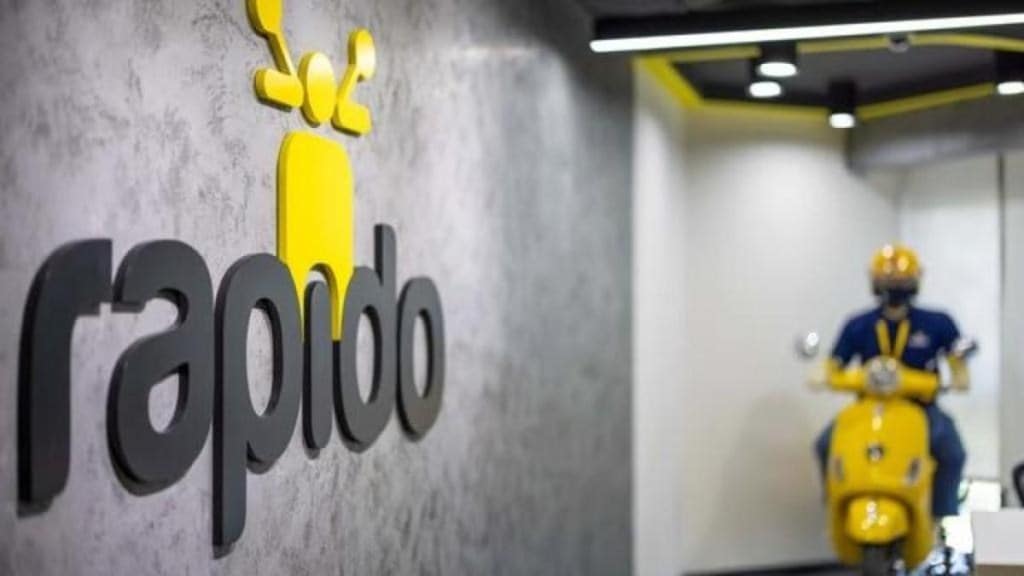Rapido, which is set to enter the food delivery market in mid-July with a pilot launch of its new platform, ‘Ownly’, in Bengaluru, will adopt a flat, three-tier delivery fee structure tied to order value, according to sources involved in Rapido’s discussions with the National Restaurant Association of India (NRAI).
This structure will differentiate Rapido from established players like Zomato and Swiggy.
According to the finalised rate card, shared with restaurant partners, a copy of which was reviewed by FE, orders exceeding Rs 400 will attract a delivery fee of Rs 50, with an additional 18% GST, bringing the total to Rs 59. This entire fee will be paid by restaurant partners. For orders ranging between Rs 100 and Rs 400, restaurants will again foot the entire delivery fee, amounting to Rs 29.50 (Rs 25 plus GST). However, for orders valued below Rs 100, the burden will be shared. Customers will pay Rs 23.60 (Rs 20 plus GST), while restaurants will pay Rs 11.80 (Rs 10 plus GST), bringing Rapido a total of Rs 35.40 in delivery revenue from such small orders.
Rapido has assured restaurant partners that it will not impose platform fees, which is a departure from industry norms. Zomato and Swiggy currently charge customers an additional platform fee of Rs 10 per order, which, with GST, totals Rs 11.80. These charges are separate from delivery fees and commissions, making Rapido’s flat-fee approach a potentially more transparent alternative for restaurants.
The company’s model also veers away from the commission-based structures adopted by incumbents, who typically charge between 16% and 30% of the order value as commission. For instance, a Rs 500 order on Zomato or Swiggy may see restaurants paying between Rs 80 and Rs 150, whereas Rapido’s flat fee would be Rs 59. On a Rs 300 order, the difference narrows, with Rapido charging Rs 29.50 and incumbents charging Rs 48–90. For a Rs 150 order, Rapido’s fee remains at Rs 29.50, compared to Rs 24–45 from rivals. However, when it comes to orders under Rs 100, such as an Rs 80 order, Rapido’s combined fee of Rs 35.40 may still be more expensive than Zomato or Swiggy‘s Rs 12–24 range, suggesting that Rapido’s pricing edge could wane at the lowest order tiers.
Rapido did not responded to queries on its rate card till the time of going to the press.
Industry sources said that the flat-rate system is designed to strike a balance between customer affordability and sustainable delivery margins. Rapido is also promising pricing parity with offline restaurants, aiming to attract diners with greater transparency.
With a soft launch in Bengaluru slated for the coming weeks, Rapido’s foray into the food delivery segment signals a fresh approach in a market long dominated by two major players.
